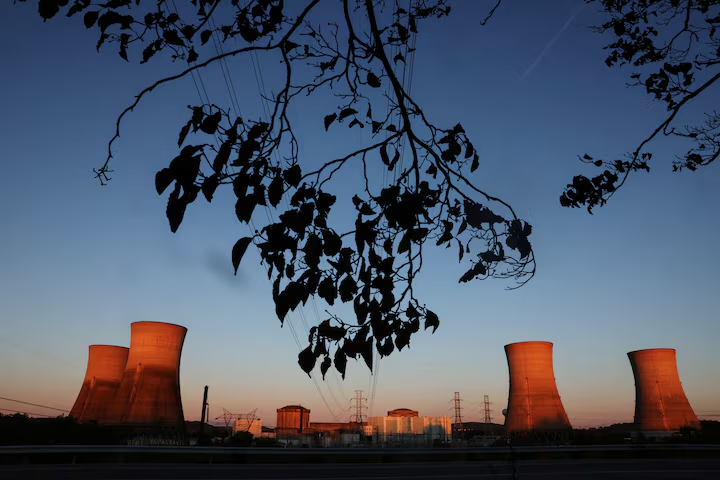Portugal has formally requested that European energy regulators take the lead in investigating the cause of the massive power outage that crippled large parts of the Iberian Peninsula earlier this week. The appeal, made on May 22, 2025, follows growing public pressure on authorities in both Portugal and Spain to explain the widespread disruption, which left millions without electricity and raised concerns over the resilience of regional energy infrastructure.
The blackout, which occurred on May 20, was one of the most severe in recent memory, affecting transport systems, hospitals, and critical public services. Power was fully restored within several hours, but energy officials warn that the underlying cause may involve complex cross-border grid vulnerabilities or cybersecurity threats.
“This is not just a national issue — it’s a European one,” said Portuguese Environment and Energy Minister Maria da Graça Carvalho. “We need a transparent, coordinated investigation with full access to technical data.”
⚡ The Outage: Scope and Impact
The outage swept across Portugal and western Spain, temporarily halting rail services, closing schools, and disrupting airport operations. Emergency generators were activated in multiple hospitals, and traffic chaos ensued in several urban areas due to failed traffic signals.
Initial reports from grid operators suggest that the fault may have originated in a high-voltage transmission line, but the full sequence of failures remains unclear. Experts have not ruled out a cascade effect, where a single failure propagated quickly through the interconnected Iberian network.
🏛️ EU Agency Involvement Sought
Portugal is urging the European Union Agency for the Cooperation of Energy Regulators (ACER) to lead a technical inquiry, arguing that a cross-border disruption of this magnitude exceeds national jurisdiction. The Portuguese government also wants the investigation to consider cyberattack scenarios, although no evidence of a hack has yet been confirmed.
“Only a Europe-wide effort can guarantee credible answers and credible solutions,” said Minister Carvalho.
Spain has not yet publicly commented on Portugal’s request, though both countries’ energy regulators are working together on a preliminary joint review.
Grid Security and Cyber Risk Concerns
The incident has reignited concerns about the security of Europe’s energy grids, particularly as the continent increasingly relies on smart grid technologies, renewables, and digitalized infrastructure. Cybersecurity analysts have warned for years that aging energy systems remain vulnerable to both technical failure and cyber intrusions.
Last year, the EU announced new cyber-resilience rules for critical infrastructure, including power networks. Whether those frameworks were in place or sufficient to prevent this disruption is now under review.
Climate Transition and System Stress
The blackout also underscores the growing strain on European grids as countries accelerate their shift toward decentralized renewable energy sources. Experts say that while solar and wind expansion is vital to climate goals, it also increases the complexity of balancing load and frequency across multiple jurisdictions.
Portugal and Spain have both invested heavily in cross-border energy trading, which experts say makes regional coordination and oversight more essential than ever.
What to Watch
- Whether ACER agrees to lead or co-lead the investigation
- Results from preliminary technical assessments by Iberian grid operators
- Possible recommendations for grid upgrades or cybersecurity measures
- Political fallout if blame is assigned to regulatory or operator negligence
- EU-level response on energy system resilience policy
As Lisbon calls for continental accountability, the Iberian blackout may become a defining test case for Europe’s ability to manage shared energy risks in an era of digital threats, climate pressures, and deeply interconnected infrastructure.
Source; Reuters



